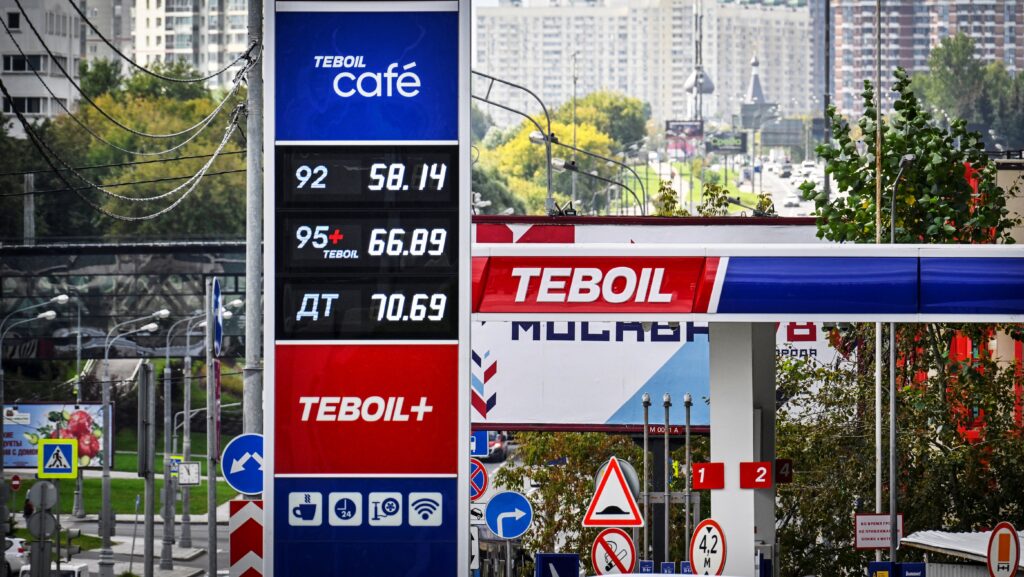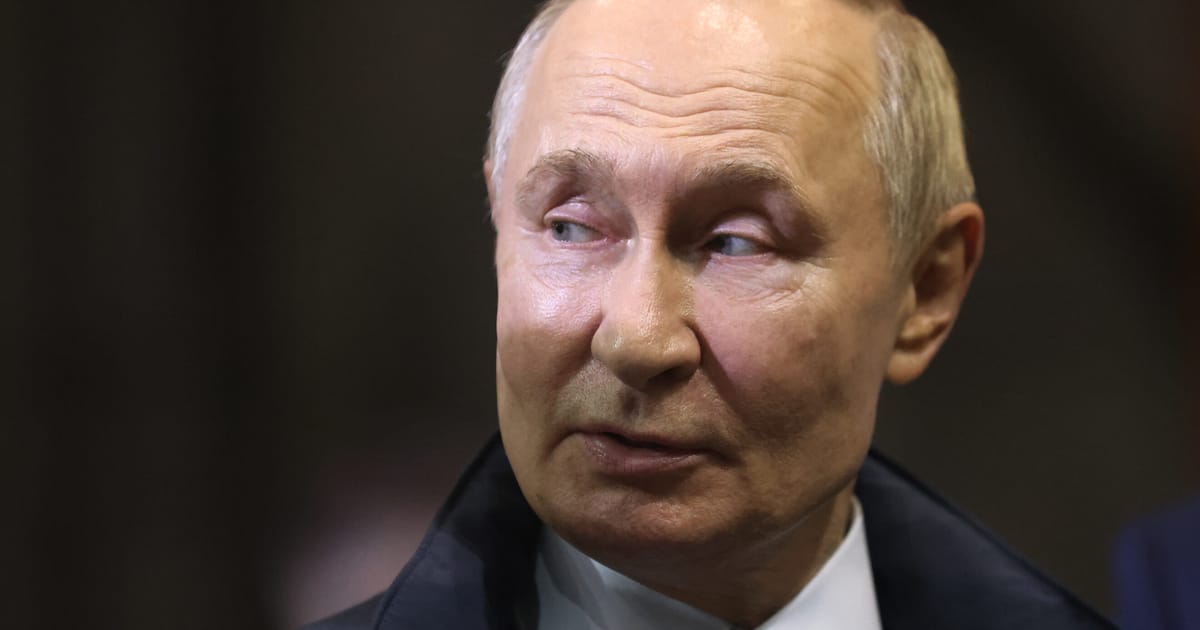Also, removing up to 5 million barrels of Russian oil and another 2 million barrels of petroleum products from the market — without creating an oil shock — is a complicated task with a questionable chance of success. That is why Western leaders have shied away from it, and in any case, there are still plenty of markets for Russian oil in countries that see the war as, in Neville Chamberlain’s infamous words, “a quarrel in a faraway country, between people of whom we know nothing.”
That means, the only possible approach is to incrementally ratchet up the pressure through focused, coordinated efforts — but the numbers don’t add up.
Oil at $70 a barrel equates to tax revenue of $60 billion for the Russian federal budget, around 40 percent of which is used to pay for the war. As things stand, the combined measures in place to isolate the Russian energy sector cut this figure to around $30 to 40 billion. On top of this, secondary sanctions on buyers of Russian oil could cut budget revenues by another $10 to 15 billion.
But even a loss of $40 billion a year from the $400 billion federal budget — to which oil and gas revenues contribute at most 17 percent — won’t force Moscow to change course. It is a substantial constraint, to be sure, but nowhere near enough to get Putin to the negotiating table. He can compensate for it easily — by slightly devaluing the ruble, for example — and there are no domestic opponents whose voices he needs to consider.
 Oil at $70 a barrel equates to tax revenue of $60 billion for the Russian federal budget, around 40 percent of which is used to pay for the war. | Alexander Nemenov/AFP via Getty Images
Oil at $70 a barrel equates to tax revenue of $60 billion for the Russian federal budget, around 40 percent of which is used to pay for the war. | Alexander Nemenov/AFP via Getty Images
This is not the case in Europe, of course, which was lukewarm about going cold turkey on Russian energy from the start. Trump has rightly upbraided European leaders for their hypocrisy in this respect.
But while the White House may be hoping Europe replaces Russian energy with American oil and gas, the U.S. president’s transactional approach makes clear this would have a financial price — one that European countries, already pressured by their electorates, don’t want to have to pay.
